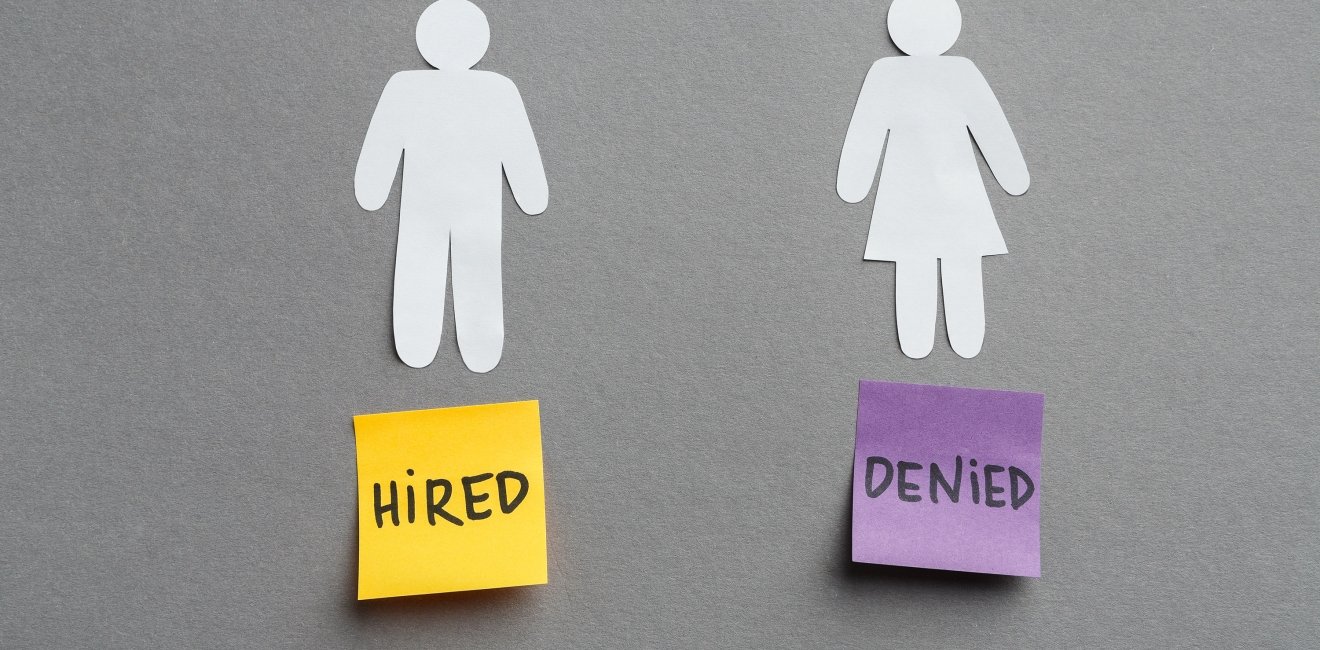
A blog of the Middle East Women's Initiative
A public campaign to inform Israelis on how gender informs inter-personal experiences and to provide tools for equity-focused discourse and behaviors is necessary.
Achieving sustainable and effective progress in gender rights requires a multi-pronged approach that considers both cultural norms and institutions. Although Israel has a functioning democratic regime, it shares two important conditions that resemble other countries in the MENA region. First, the Israeli military holds an outsized role in the functioning of the state and is embedded within civil society. Second, religion is officially integrated into the state and determines services and legal status. These are the two prominent cultural and institutional barriers to gender equality in Israel and in the region.
Despite having a gender equality bill in place since 1951, Israel lags behind in key areas: women’s legislative representation, female labor force participation, segregation of women into low paying jobs. All the while Israel maintains a high birth rate relative to other OECD countries. This is the core puzzle of the status of women in Israel – at the time of its establishment, there were relatively progressive gender laws and institutions in place – women in Israel could vote, they participated in major state institutions, and there were prominent women in the public sphere. Unfortunately, Israel did not progress at the same rate as other countries with regard to gender equality measures.
In Israel, people remain under-informed about the prevalence of gender bias and discrimination. A public campaign to inform Israelis on how gender informs inter-personal experiences and to provide tools for equity-focused discourse and behaviors is necessary. Such a campaign should consider how regional conflicts and the militarization of civil society has informed masculinity and gender roles in Israel.
As mentioned, Israel has progressive gender laws; however, they are neither enforced nor properly regulated. As a result, gender discrimination and inequality remains a major issue. Societal actors must pressure government institutions and legislators to conduct proper oversight and bring attention to this lack of implementation. This would require both the legislature and the executive to create or empower proper enforcement agencies as well as guarantee that they receive sufficient funding. Israel must do better to prosecute and punish individuals and organizations engaged in discriminatory gender practices.
Another necessary institutional change is the establishment of a civil agency or department whose jurisdiction covers all personal status matters. Due to political dynamics dating back to the early stages of state development, all personal status issues like marriage, divorce, and burial are completely managed by religious denomination. There is no civil marriage in Israel and the only Jewish denomination that is legally recognized, and therefore binding, is Orthodox Judaism. Consequently, women must manage their personal status entirely through religious courts. In the Jewish case, these are rabbinical courts – there are no women in decision-making positions within these religious institutions. The complete legal monopoly enjoyed by conservative religious forces in Israel produces negative outcomes for women, LGBTQ folks, and religious minorities. Women’s status in Israel would greatly improve if the government established a separate civil agency or office in charge of personal status matters.
Author


Middle East Women's Initiative
The Middle East Women's Initiative (MEWI) promotes the empowerment of women in the region through an open and inclusive dialogue with women leaders from the Middle East and continuous research. Read more


Middle East Program
The Wilson Center’s Middle East Program serves as a crucial resource for the policymaking community and beyond, providing analyses and research that helps inform US foreign policymaking, stimulates public debate, and expands knowledge about issues in the wider Middle East and North Africa (MENA) region. Read more

Explore More in Enheduanna
Browse Enheduanna
Women are the Catalysts for Change in Lebanon

How Education Can Empower Young Women in MENA


